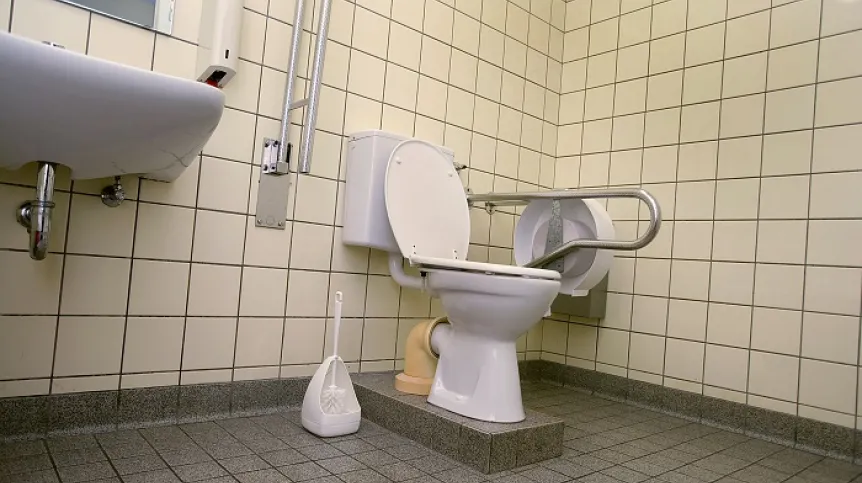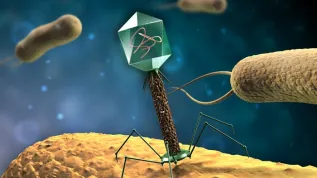
Toxic anticancer drugs present in waters can be removed from the environment with the help of white rot fungi, Dr. Marcelina Jureczko from the Centre for Biotechnology of the Silesian University of Technology has shown.
Awarded one of the 25 Prime Minister's Award for outstanding doctoral dissertations, Jureczko’s world first research was carried out under the scientific supervision of Dr. Wioletta Przystaś. The title of the awarded dissertation is 'Ecotoxicity studies of selected cytostatic drugs and the possibility of using fungi to remove them'.
“In my doctoral thesis, I dealt with the toxicity of selected anticancer drugs present in waters and assessed the usefulness of selected species of fungi for removing these substances from the environment,” says Dr. Jureczko,
She adds that the process of biodegradation of cytostatics by fungi is accompanied by their detoxification.
WHERE TOXINS IN WATER COME FROM
Dr. Jureczko explains that the number of people who suffer from cancer continues to grow, and this increases the consumption of cytostatics, anti-cancer drugs. These drugs are not fully metabolised in the patients' bodies, which means that they are excreted. Along with municipal wastewater and wastewater from factories that manufacture drugs, toxins end up in treatment plants that also fail to effectively eliminate them. Ultimately, they get into the environment.
“The presence of cytostatics in groundwater or drinking water has dangerous toxicological consequences for plants, animals and human health,” the researcher says.
She found that white rot fungi eliminate cytostatics from the environment faster than other methods of removing these compounds presented in the world.
The Silesian scientist is the first person in the world to prove that fungal biomass can ultimately be used as an effective sorbent for the tested substances, we read in the press release. Dr. Jureczko expanded the data on the toxicity of cytostatics, determined the impact of drugs on the environment and demonstrated that white rot fungi remove cytostatics from the environment by sorption and biological degradation.
Twenty-five people from all over Poland received the Prime Minister's Award in the outstanding doctoral dissertation category. Dr. Eng. Marcelina Jureczko is currently in charge of the Polish National Science Centre grant awarded in the Preludium competition.
In the project, she studies the conditions that fungi need to remove drugs from water faster, better and more effectively. Previously, she completed an internship at the Spanish Institute of Environmental Assessment and Water Research, Spanish Council for Scientific Research (Barcelona), where she identified transformation products of cytostatic drugs in post-process samples treated by fungi.
PAP - Science in Poland
kol/ zan/ kap/
tr. RL













